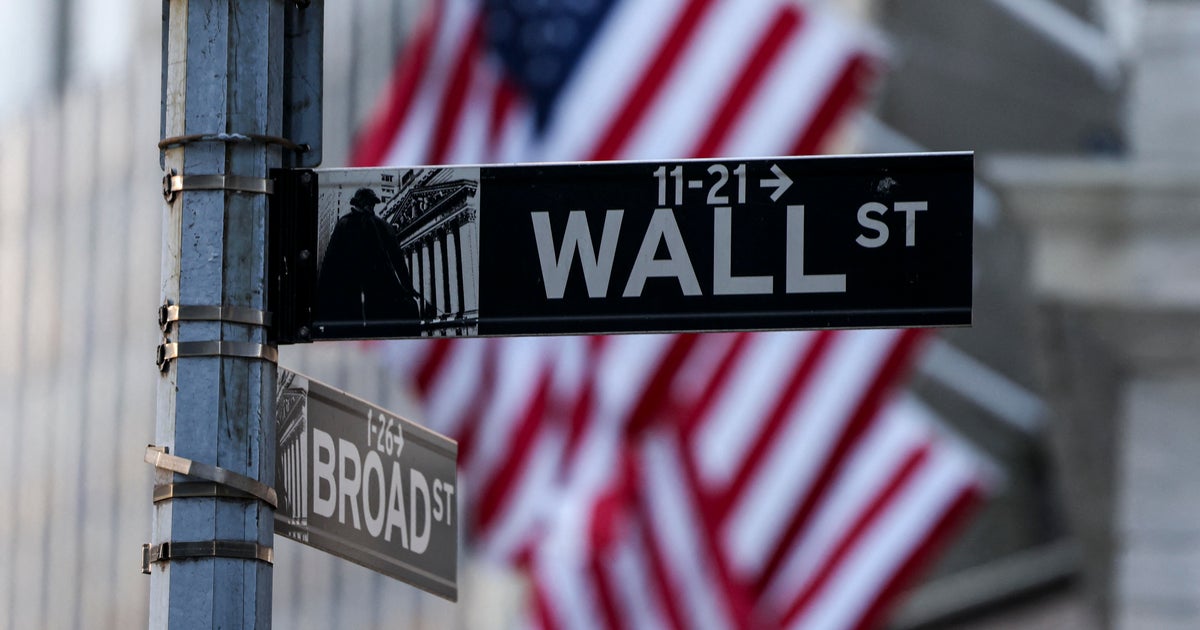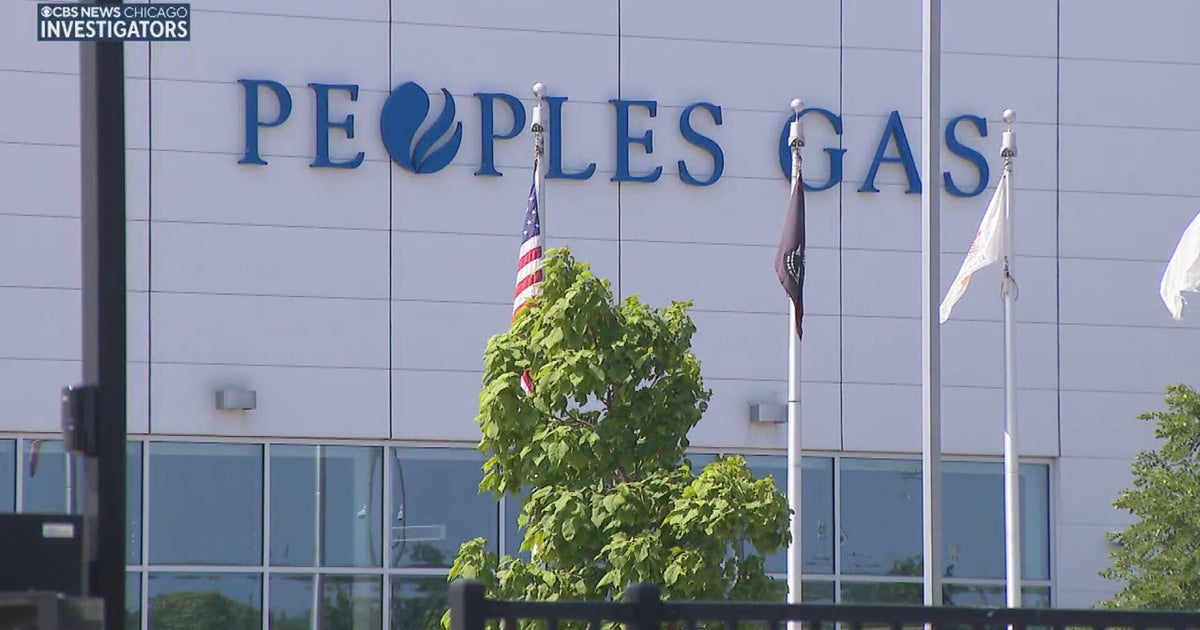Stocks tumble as Jerome Powell dashes hopes for smaller rate hikes
Stocks sank on Wall Street after the head of the Federal Reserve warned it could speed up its economy-rattling hikes to interest rates if pressure stays high on inflation.
The S&P 500 dropped 62 points, or 1.5%, to 3,986 on Tuesday, and the Dow Jones Industrial Average gave back 575 points, or 1.7%, to close at 32,856. Both had been nearly flat just before Fed Chair Jerome Powell said the central bank is ready to get more aggressive on rate hikes if warranted. The tech-heavy Nasdaq tumbled 1.3%
Treasury yields shot higher following Powell's testimony before a Senate committee. The yield on the two-year Treasury is near its highest level since 2007.
Inflation still too hot to handle
Inflation and what the Fed is doing about it have been at the center of Wall Street's sharp swings this year. After seeming to be on a steady decline since last summer, reports on inflation last month came in surprisingly hot. So did a suite of other data on the economy.
That raised fears that inflation is staying stickier than feared and that the Fed will have to raise rates higher than earlier thought. Higher rates can drag down inflation because they slow the economy, but they hurt prices for stocks and other investments. They also raise the risk of a recession later on.
Its chair, Jerome Powell, on Tuesday confirmed some of those fears and said the recent data mean "the ultimate level of interest rates is likely to be higher than previously anticipated." He also said in his testimony to a Senate committee that the Fed is ready to increase the pace of its hikes again if needed.
That would be a sharp turnaround after it had just slowed its pace of increases to 0.25 percentage points last month from earlier rate hikes of 0.50 and 0.75 points.
"If the totality of the data were to indicate that faster tightening is warranted, we would be prepared to increase the pace of rate hikes," Powell said. "Restoring price stability will likely require that we maintain a restrictive stance of monetary policy for some time."
"Realistic expectations"
After sitting at virtually unchanged levels just before Powell's testimony, stocks fell immediately afterward.
"This is the market coming back to realistic expectations," said Megan Horneman, chief investment officer at Verdence Capital Advisors. "I think it's going to continue to wash out some of the excesses in the market."
Wall Street had already been convincing itself that higher rates than earlier thought were on the way and that the Fed may even possibly go back to larger rate increases following last month's data reports.
Since getting last month's blowout jobs report and other surprisingly strong data, Wall Street largely abandoned hopes that percolated early this year for a possible cut to interest rates later in 2023. It also upped its forecast for how high the Fed will ultimately take rates before pausing.
- Fed may need to accelerate rate hikes, Jerome Powell says
- Federal Reserve's rate hikes likely to cause a recession, research says
That's been most clear in the bond market, where the yield on the 10-year Treasury topped 4% last week and hit its highest level since November. It helps set rates for mortgages and other important loans.
On Tuesday, it again approached 4% after Powell's comments before falling back to 3.97% from 3.96% late Monday.
The two-year Treasury yield, which moves more on expectations for the Fed, shot up to 5.01% from 4.87% and is near its highest level since 2007.
Traders expect half-point jump
Traders now see a roughly two-in-three chance the Fed will accelerate its rate hikes and raise by 0.50 percentage points on March 22. That's a flip-flop from a day earlier, when they were betting the Fed would stick with the smaller increase of 0.25 points, according to data from CME Group.
"If they were to go 75 after pulling back to 25, that would spook the markets," Horneman said. "I still think that they're going to go 25, but if they go 50, I think it" would be seen as the Fed's "being very flexible and can act quickly if needed if economic data tells them that."
"If they articulate that, I think markets can accept that."
More fireworks may arrive later this week and into next as the Fed gets more data points that will surely help shape its decision making ahead of its next meeting on interest rates later this month.
On Friday will come the U.S. government's monthly jobs report. Within that, most of the attention will be on how high wages are going for workers. The fear at the Fed is that too-strong gains could lead to more upward pressure on inflation.
Then two reports next week will give updates on how high inflation remains at both the consumer and at the wholesale levels.
Big shifts, sharp movements
The big shifts among investors about where inflation and the Fed are heading have led to sharp movements for markets. In January, stocks rallied and bond yields eased as hope blossomed that inflation would cool and get the Fed to take it easier on interest rates. Then, last month's torrent of strong data dashed those expectations and sent stocks falling and bond yields jumping.
Despite being "rocked" by Powell's testimony, however, the markets may be in for another turnaround, according to one analyst. "Longer term rates ticked down, not up, with the 10-year yield remaining below 4%, suggesting that longer term markets see the Fed as succeeding against inflation," Brad McMillan, chief investment officer for Commonwealth Financial Network noted in an email. "As stocks typically are more responsive to long rates over time, this suggests the current sell-off may not last."
On Wall Street Tuesday, WW International, better known as WeightWatchers soared after saying it's getting into the prescription weight loss business with the purchase of telehealth platform Sequence. Shares of WW jumped 73%.



